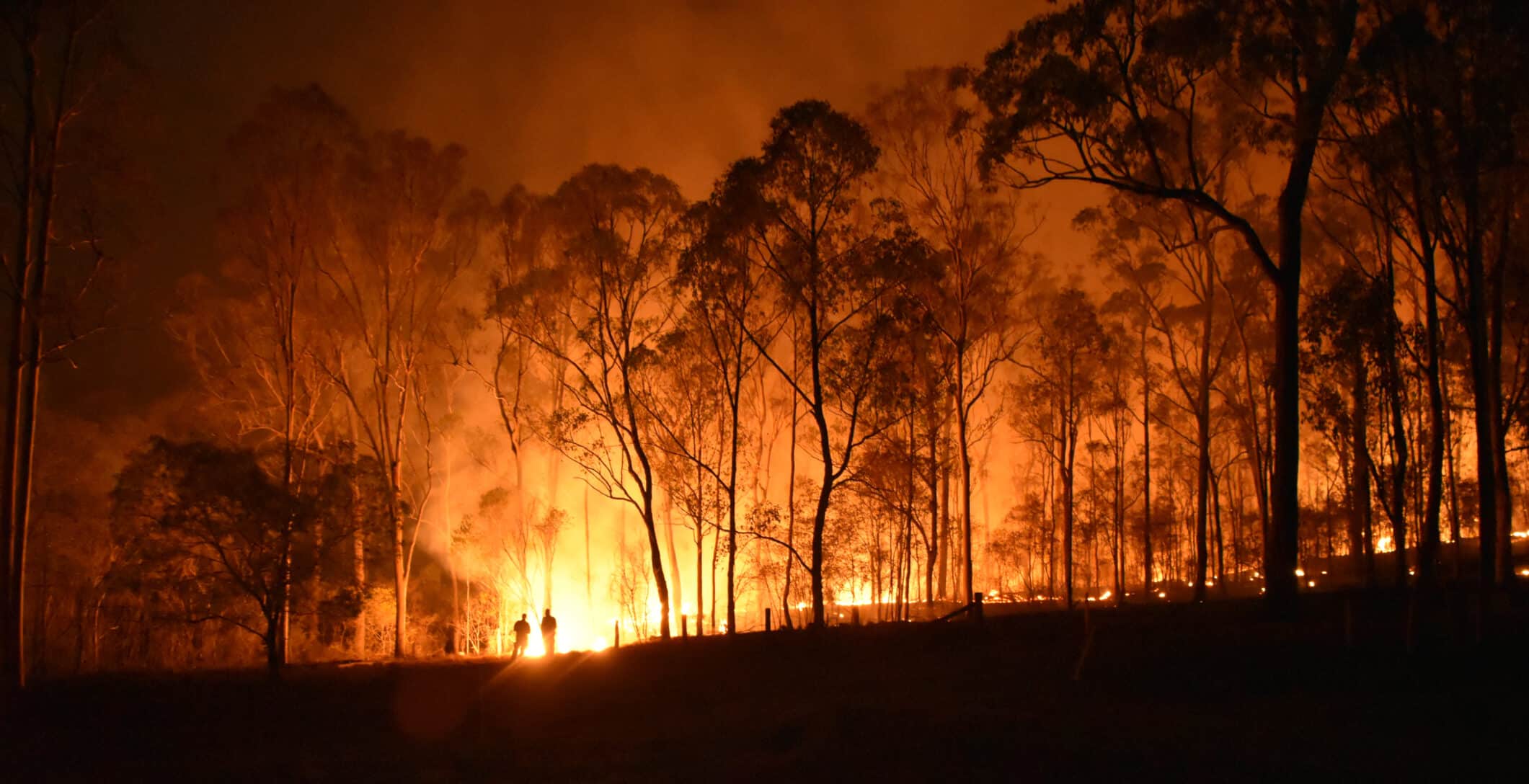LEADING ARTICLE
Most people acknowledge that the climate emergency is the biggest threat we face. The thousands of engaged politicians, activists, lobbyists and business people in the halls and corridors of the COP26 meeting in Glasgow are certainly taking it very seriously.
The agreements coming out so far have been ambitious and far-reaching.
The commitment to halt and reverse deforestation, signed by more than 100 countries, including Brazil, is being seen as a huge breakthrough. The countries are home to some 86 per cent of the world’s forests. And there’s serious financial effort going into supporting it, with more than $22 billion directly pledged from governments and donors and commitment from more than 30 financial institutions with over $8.7 trillion of global assets to eliminate investment in activities linked to agricultural commodity driven deforestation.
The US and EU brokered pledge to cut methane emissions by 30 per cent by 2030 compared with 2020 levels could have the fastest direct effect on mitigating climate change of any other measure. Supported by more than 100 countries – but not India, China and Russia, some of the biggest emitters – the pledge aims to tackle the second largest contributor to global warming after carbon dioxide.
There has been a ground-breaking announcement by former Bank of England boss Mark Carney that more than 450 firms representing $130 trillion of assets now belong to the Glasgow Financial Alliance for Net Zero. Signatories must commit to use science-based guidelines to reach net zero carbon emissions by mid-century, and to provide 2030 interim goals.
And UK Chancellor Rishi Sunak has upped the ante for UK-listed businesses, requiring them by law to report on their plans to achieve net zero. In his plans to “rewire” the financial system he has outlined his desire for the UK to be the world’s “first ever net zero aligned financial centre.” It is hoped that these initiatives can act as a possible precursor to similar measures elsewhere.
So, with more major announcements expected, policy-makers and businesses appear to be stepping up more concertedly to the challenge [reminder: let’s keep up the pressure for actual delivery against the promises and remain alive to the ever-present risk of over-claiming and greenwashing].
Real impact, however, can’t be achieved without the buy-in and action from the 8 billion individuals across the planet, changing their own personal behaviour in a way that allows us to achieve the 1.5C climate targets.
Very worrying new data released today by global research firm Ipsos has found that fewer consumers say they have changed their behaviour due to climate concern than before the pandemic.
On average, across the 23,000 people in 29 countries surveyed by Ipsos in September and October, 56 per cent of people say they have modified their behaviour out of concern about climate change over the past few years. This is down from an average of 69 per cent in January 2020 and the proportion has fallen in every country included in both studies. This suggests that, as consumers across the world had to change their daily habits to protect themselves and others from the coronavirus, they became less concerned about the environmental impact of their behaviour. On average globally, only 17 per cent now say they have made a lot of changes, 39 per cent a few changes, and 31 per cent no changes at all.
While there’s a wide variation in levels of action in different countries, the consistency of the trend is deeply troubling.
The COP26 meeting is making headline news globally this week and this profile is likely to reignite awareness of climate issues and interest in solutions. Indeed, using Google Search data as a proxy for interest, there has been a sharp uptick this week in the amount of times the phrase ‘climate change’ has been searched for.
But, there has actually been a sharp reduction in the volume of searches over time compared with a peak in 2007. That may be a sign of greater knowledge and understanding, or it could indicate higher levels of complacency.
Climate action is a responsibility shared equally by policy makers, businesses and individuals. We’re facing an extinction level event, but it’s not one that Bruce Willis can sort out simply by blowing up a rogue meteor; we need mass uptake of better behaviours.
It’s therefore crucial to use the positive impetus from COP26 as a watershed moment. We need to applaud the big, systemic measures, but it’s clear we also have to find ways to make the environment at least as important in people’s everyday lives as COVID – or anything else – and reverse the lethargy.

